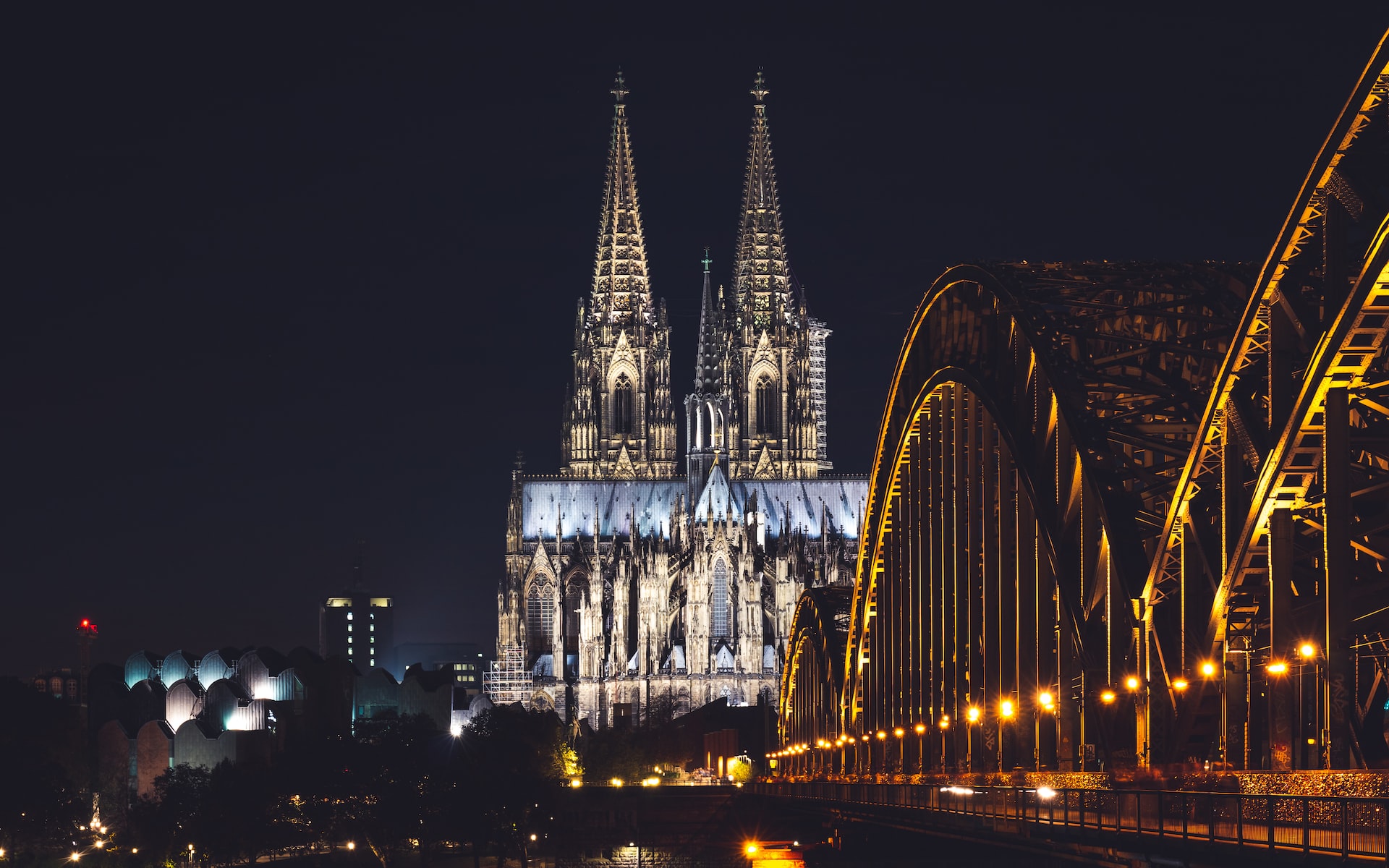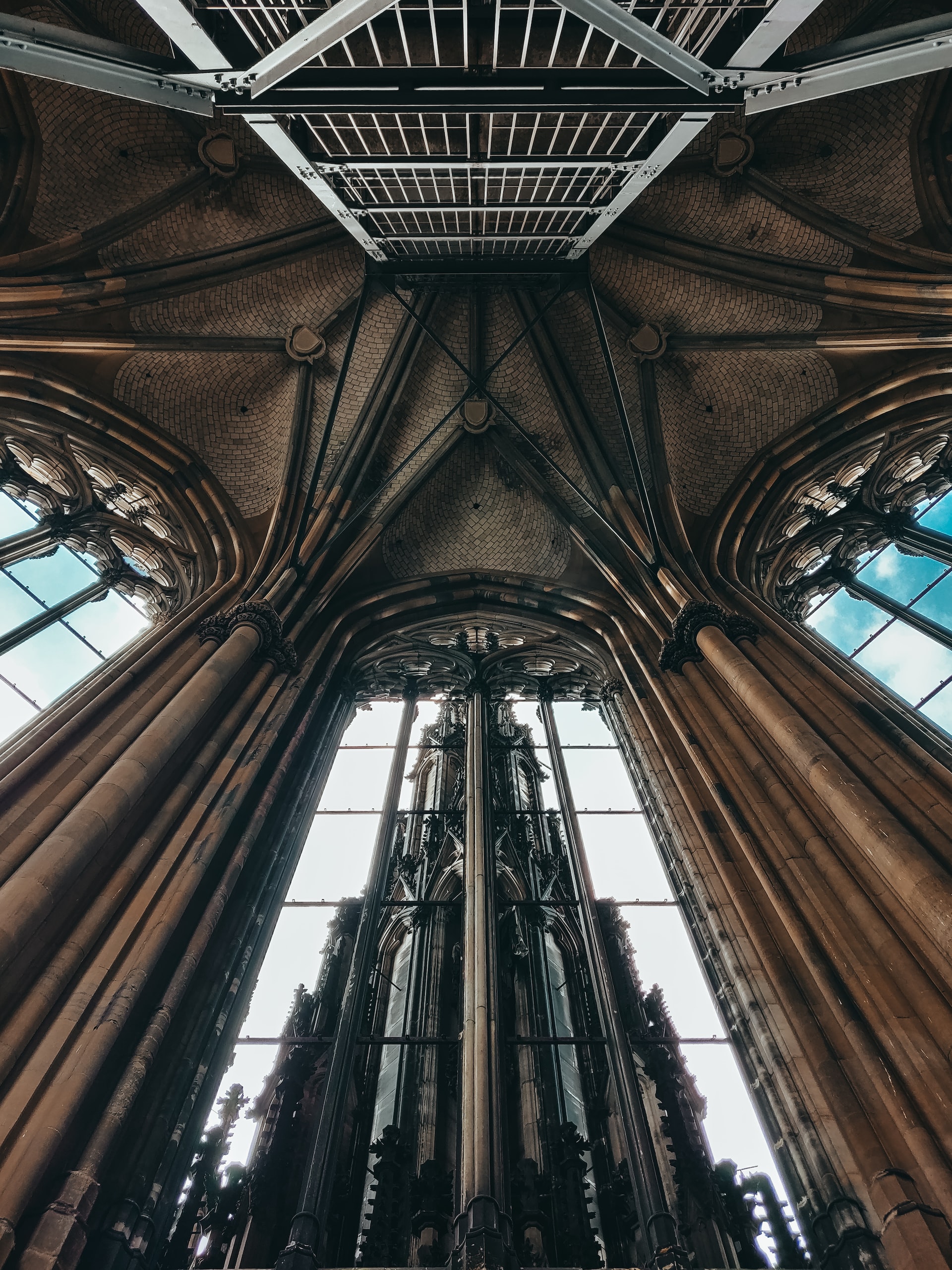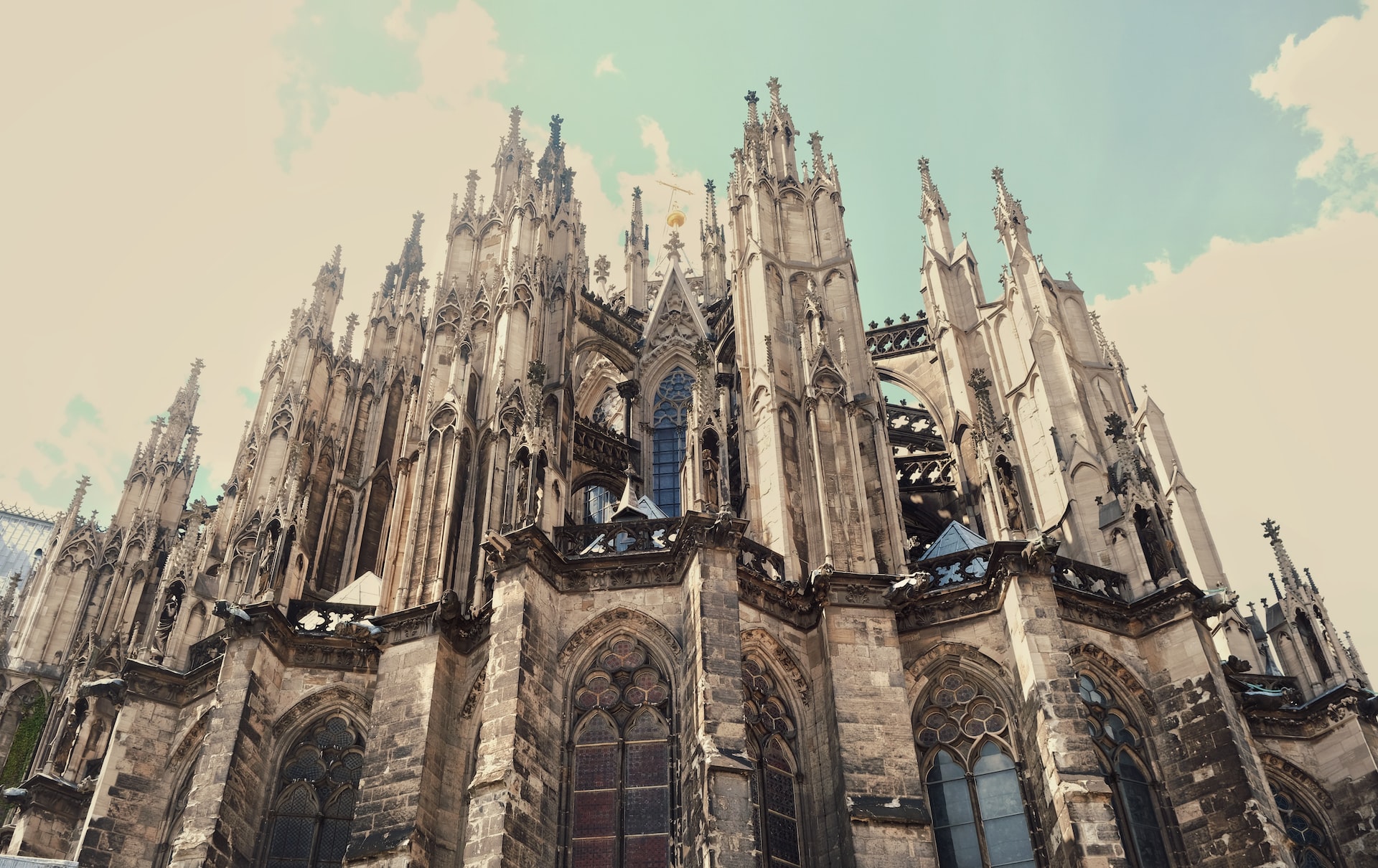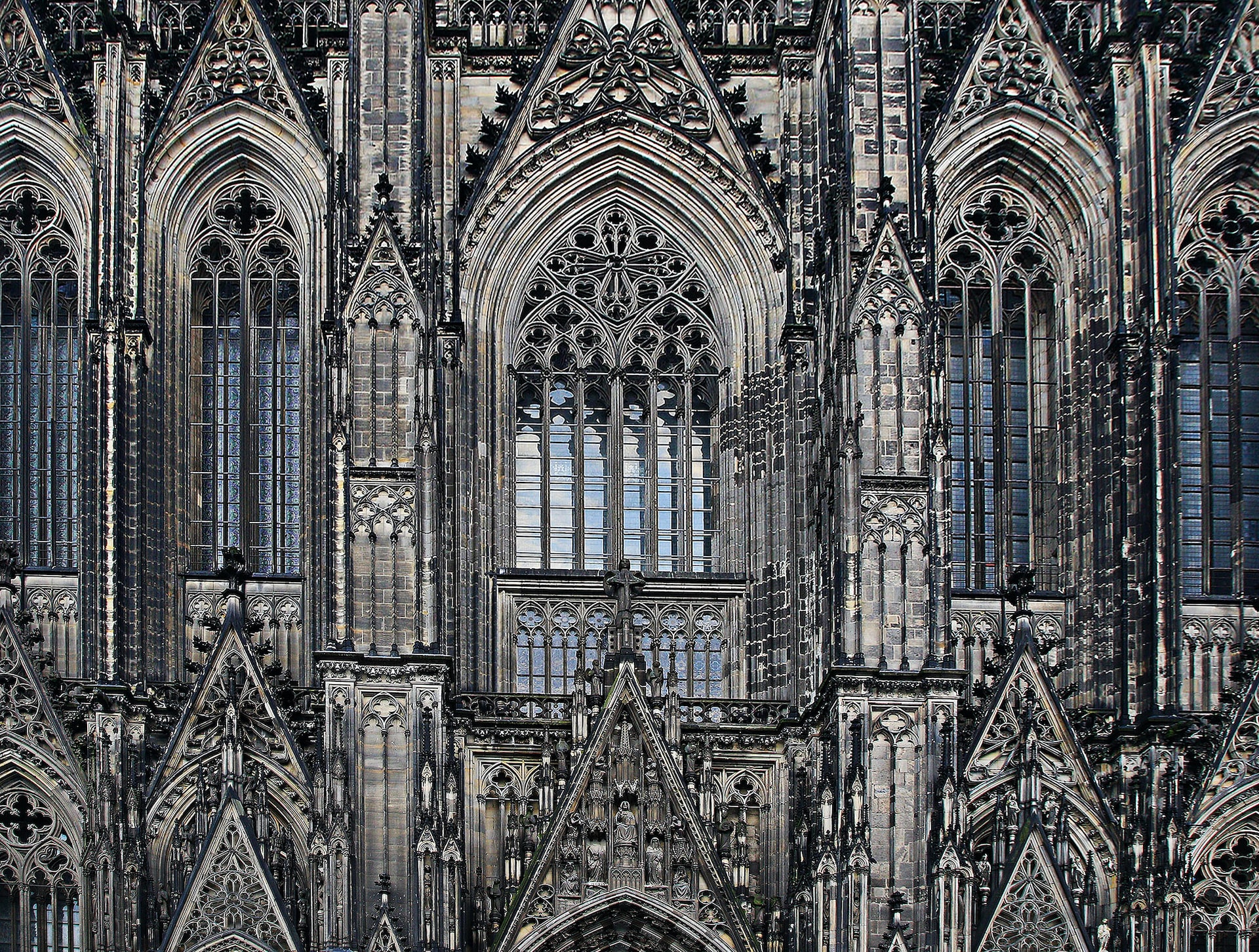Culture & Travel
15 March 2023Germany, one of the most significant countries in Europe, has numerous historical values that are still relevant today. One of these treasures is the renowned cathedral in Cologne, Germany's fourth-largest city, with Berlin as its capital.

The most distinctive feature of the cosmopolitan city of Cologne is this majestic cathedral. The Cologne Cathedral is a historical structure that is listed as part of the UNESCO Cultural Heritage List. While discussing the city, this is the first name that springs to mind. Nonetheless, the cathedral is sometimes referred to as Dom Church because its original name was Kölner Dom. The second-largest cathedral in Germany and the third-largest church in the world, Cologne Cathedral, is a Catholic place of worship. The cathedral is well-liked for a variety of good reasons. The building's lengthy history is the first of these.
Cologne Cathedral was first envisioned in the seventh century. On August 15, 1248, the building's foundation was poured, and construction officially began that day. Coincidentally, the Assumption of Mary fell on the same day as the foundation. Archbishop Konrad von Hochstaten was the man responsible for launching the cathedral's construction. Records suggest that 16 laborers initially contributed to the building's construction. The progressive loss of financial and spiritual support caused the number of workers to decline over time. The north tower, which was planned to be built in the form of two towers, was completed after 74 years of work and religious ceremonies began to be held, but it would take a long time for the cathedral to take its final form...

The cathedral's north tower was completed, but the south tower's work was put on hold because of various unfavorable events. To suggest that it was even postponed before it began would be more accurate. In 1560, work on the south tower came to an end after being delayed for a while. The cathedral, which was briefly captured by French troops, will likely see many more significant historical occurrences in the future. As a result, the cathedral's construction, which began in 1248 and went through numerous challenging phases, took 632 years to finish. The cathedral, which took a very long time to construct, was finished in 1880, and it began to provide services at that time. Not only in Cologne but also throughout Germany, it is regarded as one of the most well-known and historic buildings. The structure had damage during World War 2, and after this time it underwent a thorough renovation. The Cologne Cathedral, which has endured through numerous historical events while maintaining its magnificence, has undergone numerous restorations. The cathedral, one of the most significant buildings in the nation and possibly the entire globe, is still maintained once a year. Cologne Cathedral has several architectural details that are routinely maintained each year.
First and foremost, we should mention that the Cologne Cathedral was constructed in the Gothic style while discussing its architectural elements. Not only was the structure constructed in the Gothic architectural style, but it also managed to rank as one of the most significant specimens of Gothic architecture. It is well known that Master Gerhard's cathedral is on a plot of land that is roughly 8000 square meters in size. The Cologne Cathedral is the second-highest building in the city, behind the telecommunications building, with a height of 157 meters. In accordance with the objective of its construction, the plan of the cathedral in the city center is created in the shape of a cross sign. The stained-glass windows are one of the building's most notable architectural elements. It has two enormous towers, the South and the North. The double tower's narrower, pointed construction at the top that extends into the sky is constructed in this manner for a reason. The towers and the building's shape were specifically chosen to produce a surreal impression of the light entering through the colored windows.

One of the key characteristics of Gothic architecture, the patterns on the colored stained-glass windows capture the essence of the church. Another element that supports the eye-catching architecture is the mosaic floors. The reliefs, columns and sacred paintings in the building are other features that complement the Cologne Cathedral. As with its history and architecture, what is inside the cathedral also adds value to the value of the building. The most important of these is undoubtedly the Shrine of the Three Kings. However, the important artifacts inside the cathedral are of course not limited to this. The Cologne Cathedral is home to a large collection of priceless items. The Shrine of the Three Kings sarcophagus is the most significant of these items. It is known that this jewel-adorned relic originated in the 13th century. The Shrine of the Three Kings is thought to be the biggest sacred object in the West and still displays signs of the Middle Ages. One of the favorite pieces in the cathedral is the golden piece, which is 220 centimeters long, 110 centimeters wide, and 153 centimeters high. The Gero Cross is a significant architectural achievement of the cathedral, along with the Shrine of the Three Kings. This image of the Crucified Christ is a Western representation and a crucial emblem for the Christian faith. The significant object, commonly referred to as the Christ statue, is the oldest still standing cross in the Northern Alps.
Another name worth seeing is the Milan Madonna from the 13th century, which is in addition to this work, which is significant since it is the first western representation of Jesus. It is a wooden sculpture of the Virgin Mary and the baby Jesus that is particularly revered by Christians. In addition to the spiritual significance it conveys, this wooden sculpture is highly prized for its superb craftsmanship. The vibrant stained-glass windows that we previously mentioned are also regarded as works of art in and of themselves. The 2007 paintings of religious subjects by the artist Gerhard Richter enhance the splendor of the Cologne Cathedral. There are many other sources of information about the Cologne Cathedral, which draws numerous visitors each year. The cathedral continues to welcome people who wish to see the building that is the focus of attention of tourists.



